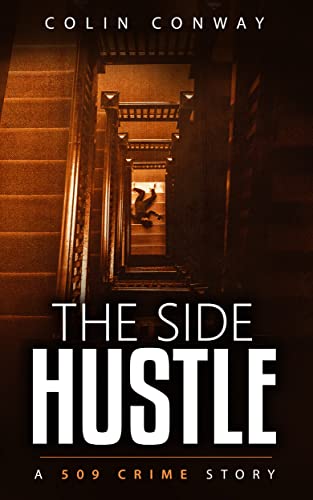I read The Diary of Anne Frank in sixth grade and don’t remember thinking much about it. Something of the oppressive air stuck with me. Something of the final terror. One of my daughters read it last year and went on a rant against it. Maybe I read an abridged version, because I don’t remember reacting to any nasty thoughts or talk of her period. I think I would have noticed something like that in sixth grade. Then again, I could have drifted into a fog here and there, not realizing what I wasn’t reading.
I read Elie Wiesel’s Night for the first time recently. The author won a Nobel Prize in 1986 “for being a messenger to mankind: his message is one of peace, atonement and dignity.” While reading, I thought he had won the prize for literature for this book. Its sparse prose is marvelous, gripping, and conveys much of the dread of his experience.
In the opening pages, Wiesel’s family and neighbors didn’t know what was coming. Two people tried to warn them, but they couldn’t believe the outrageous truth. Who would do take 100s of people into the woods to dig their own graves before shooting them? Men couldn’t do that to each other. When the Germans came to town, one officer brought chocolate to his Jewish “host.” See? The Third Reich isn’t so bad. Many of them clung to any scrap of human decency they could imagine. Even when others were being killed, surely they would be shown mercy.
Such fantasies about the essence of mankind persist throughout the world and are one reason the museum at Auschwitz-Birkenau exists. Many, perhaps most, would say loving your neighbor as yourself is fairly easy if you just try it. They don’t recognize that Christ called this the second commandment, related and subordinate to the first. The first one they would call a nice premise or its own kind of fantasy, and there we have the seed for the hatred Weisel called an endless night.
What else do we have to talk about?
Spring Books: Goodreads has a long list of anticipated books. Some of these look good, not that I’ll ever get around to ’em. My supply of round to’em is a mite limited.
Writing: Jenny Jackson, an accomplished editor with many years of experience, suggests editors make terrible writers. They are used to calls shots, not executing the shots called.
College Closure: The King’s College in New York City has been running deficits for years and experimenting with online education without success. It will likely close by the end of the current semester.
Culture War: Professor Elizabeth Stice argues for living in the truth. “Those who think our culture can be changed only by those with obvious power should consider an alternative philosophical perspective. In 1978 Václav Havel published an essay titled “The Power of the Powerless.” Havel was writing from behind the iron curtain in Czechoslovakia, in a society he described as ‘post-totalitarian.’
“For Havel, the Soviet system was much bigger than the imposition of rules from a handful of powerful figures. It had come to rely on its own subjects for perpetuation. Using the example of a greengrocer who unthinkingly puts a ‘Workers of the World Unite’ sign in the shop window simply because life is easier that way, Havel explained that the people in Czechoslovakia were engaging in ‘auto-totality.'”
Photo: John Margolies Roadside America photograph archive (1972-2008), Library of Congress, Prints and Photographs Division.
Like this:
Like Loading...






